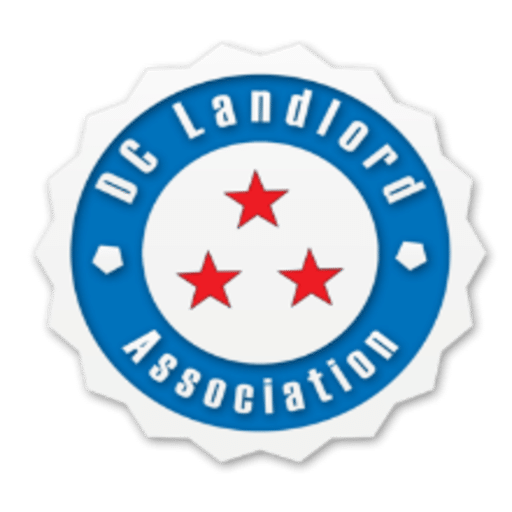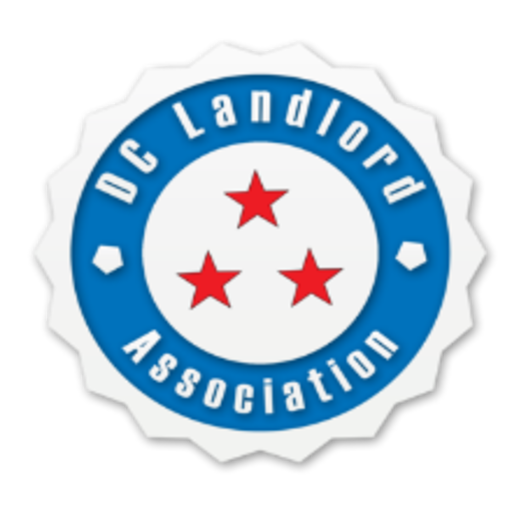Lease, Laws & Liabilities
Understanding the Residential Lease Agreement: A Guide for DC Landlords
Leasing a residential property in Washington, DC involves more than just finding a qualified tenant and collecting rent. A well-crafted and properly enforced lease agreement is the foundation of a successful landlord-tenant relationship—and it's also one of your strongest tools for protecting your investment. The DC Landlord Association is here to help you understand the lease document, recognize its key terms, and ensure your lease is both legally compliant and strategically sound.
🔍 Navigating the Complexity of DC Leases
DC’s housing laws are among the most tenant-protective in the nation. This means landlords must be especially diligent when drafting lease terms, handling tenant interactions, and documenting all activities. A lease that is too vague or improperly worded can expose you to unnecessary disputes or legal exposure.
📃 Core Lease Terms Every Landlord Should Know
A residential lease should clearly define:
Lease Term – The start and end dates, renewal procedures, and whether it's fixed or month-to-month after expiration.
Rent – Monthly amount, due date, grace period (if any), and late fees.
Security Deposit – Cannot exceed one month's rent; must be returned within 45 days with itemized deductions.
Authorized Occupants – Who is allowed to live in the unit, including minor children.
Utilities – Specify what the tenant is responsible for and require proof of account activation.
📑 Addendums That Should Be Included
Landlords should include the following addendums to cover essential aspects of tenancy:
Lead Paint Disclosure (for pre-1978 properties)
Pet or Assistance Animal Agreement
Mold Disclosure & Prevention Addendum
Move-In/Move-Out Inspection Checklist
Community or HOA Rules (if applicable)
Early Termination/Buyout Clause
Renter’s Insurance Requirement
These documents clarify expectations and reduce room for disputes.
🔐 Entry and Access Rights
Landlords must provide 48 hours' written notice before entering a tenant-occupied unit (except in emergencies). This protects your rights as a property owner while respecting privacy laws. Include this in your lease to eliminate misunderstandings.
⚖️ Enforcement and Defaults
Your lease should include a clear process for handling violations, including:
Non-payment of rent
Unauthorized occupants or pets
Property damage or illegal activity
Include a default clause and specify remedies such as termination, legal fees, and recovery of damages. Be mindful of recent DC legislation, such as the restriction on filing eviction cases for amounts under $600.
🧍 Occupancy, Conduct & Pets
Spell out behavior expectations:
No unlawful or disruptive conduct
Garbage and recycling procedures
Restrictions on smoking, business operations, or loud activities
Include a pet clause—even if pets aren't allowed—to control unauthorized animals and include specific fees and penalties.
🛠️ Maintenance & Repairs
Tenants are typically responsible for minor upkeep (filters, light bulbs, cleanliness), while landlords handle structural and major system repairs. Require tenants to report problems promptly and prohibit unauthorized repairs to protect against liability and substandard work.
🚗 Parking and Vehicle Storage
Clarify where tenants can park, prohibit inoperable or commercial vehicles, and enforce HOA or condo rules where applicable.
🔄 Subletting and Assignment
Restrict subletting without written consent. Require credit checks for any proposed subtenant and charge a reasonable administrative fee (up to $50) for processing.
🛡️ Insurance Requirements
Tenants should carry renter’s insurance, naming you as an additional interest. This protects both parties in case of property damage or liability claims.
📦 Move-In/Move-Out & Property Condition
Conduct documented inspections at move-in and move-out. Use a checklist signed by both parties. This protects your right to use the security deposit appropriately and helps avoid legal conflicts.
🌿 Environmental Considerations
DC law requires disclosure of known mold issues and remediation. Also, lead paint disclosures are mandatory for older properties. Failing to provide these can nullify parts of the lease or open you to penalties.
🚪 Breaking the Lease & Early Termination
Include an early termination/buyout clause that outlines how a tenant can legally exit the lease early—typically requiring 60 days' notice and payment of a fee (e.g., one month’s rent). This gives you control while providing a reasonable option to avoid abandonment or disputes.
📚 Legal Compliance
Ensure your lease complies with:
DC Housing Code
Rent Control and Exemption Requirements
Fair Housing and Accessibility Laws
BBL (Basic Business License) and RAD Registration
Leases that lack this language or fail to disclose registration status may be unenforceable.
🧠 Need Help Reviewing Your Lease?
The DC Landlord Association offers lease review consulting and will soon be hosting a FREE to Members, Lease Agreement Webinar to walk landlords through the essentials, answer questions, and provide best-practice guidance tailored to DC’s laws.
✅ Need a one-on-one lease review?
✅ Unsure if your lease is enforceable under DC law?
✅ Want to make sure you’re not vulnerable to tenant misuse?
We can help. Contact us today to schedule a consultation or reserve your spot in the upcoming webinar.
Protect your rental property— start with a strong lease.
Join the DC Landlord Association and access the tools, templates, and expertise you need to lease with confidence.
GET SUPPORT

